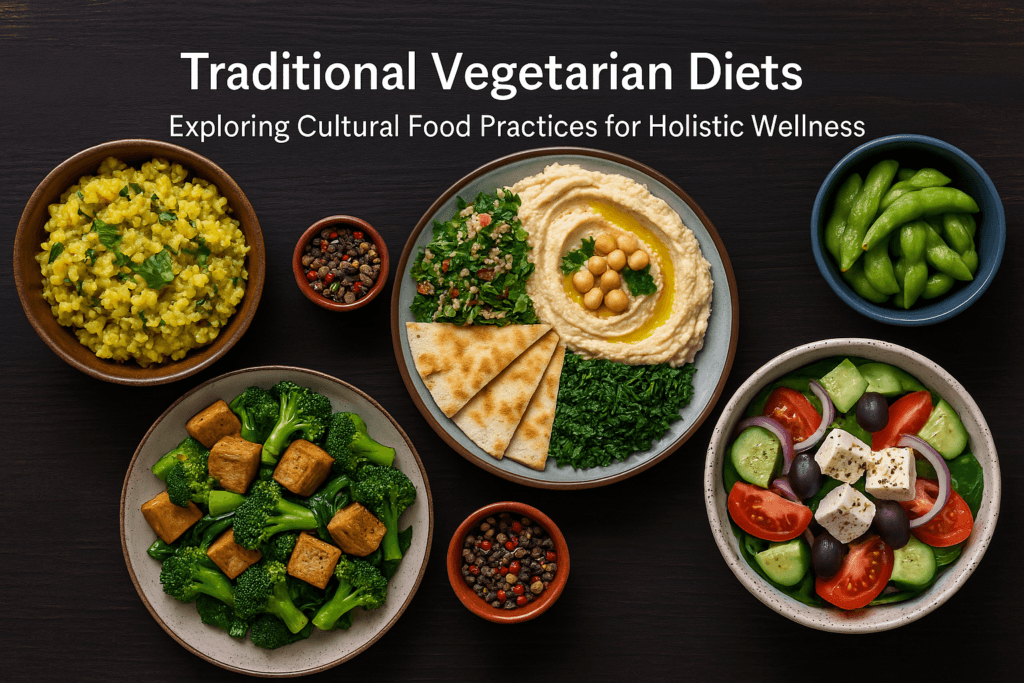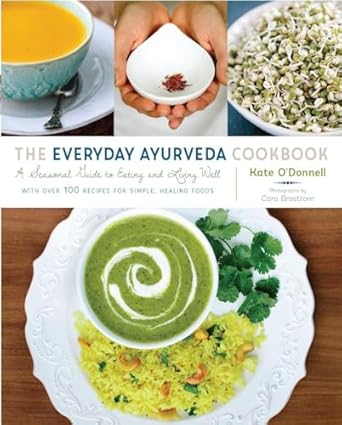Introduction:
Food is more than sustenance—it’s a celebration of heritage and health. Around the world, cultural and traditional vegetarian diets have shaped how communities nourish themselves. For centuries, many traditions have relied on vegetarian diets to promote longevity, spiritual clarity, and physical wellness. From Ayurveda’s sattvic meals to the Buddhist way of mindful eating, this article dives deep into traditional vegetarian diets and how they continue to inspire wellness-focused lifestyles today.
Why Cultural Food Practices Matter in Today’s World
Cultural food practices are not just rituals—they are survival wisdom passed through generations. With modern health issues like stress, obesity, and chronic illness on the rise, people are turning back to the roots of balanced eating found in traditional plant-based diets.
These diets often emphasize:
- Seasonal and local produce
- Minimal processing
- Spices and herbs with healing benefits
- Eating with mindfulness and gratitude
By returning to these principles, we not only eat healthier but also live more consciously.
Indian Sattvic Diet – A Spiritual Vegetarian Path
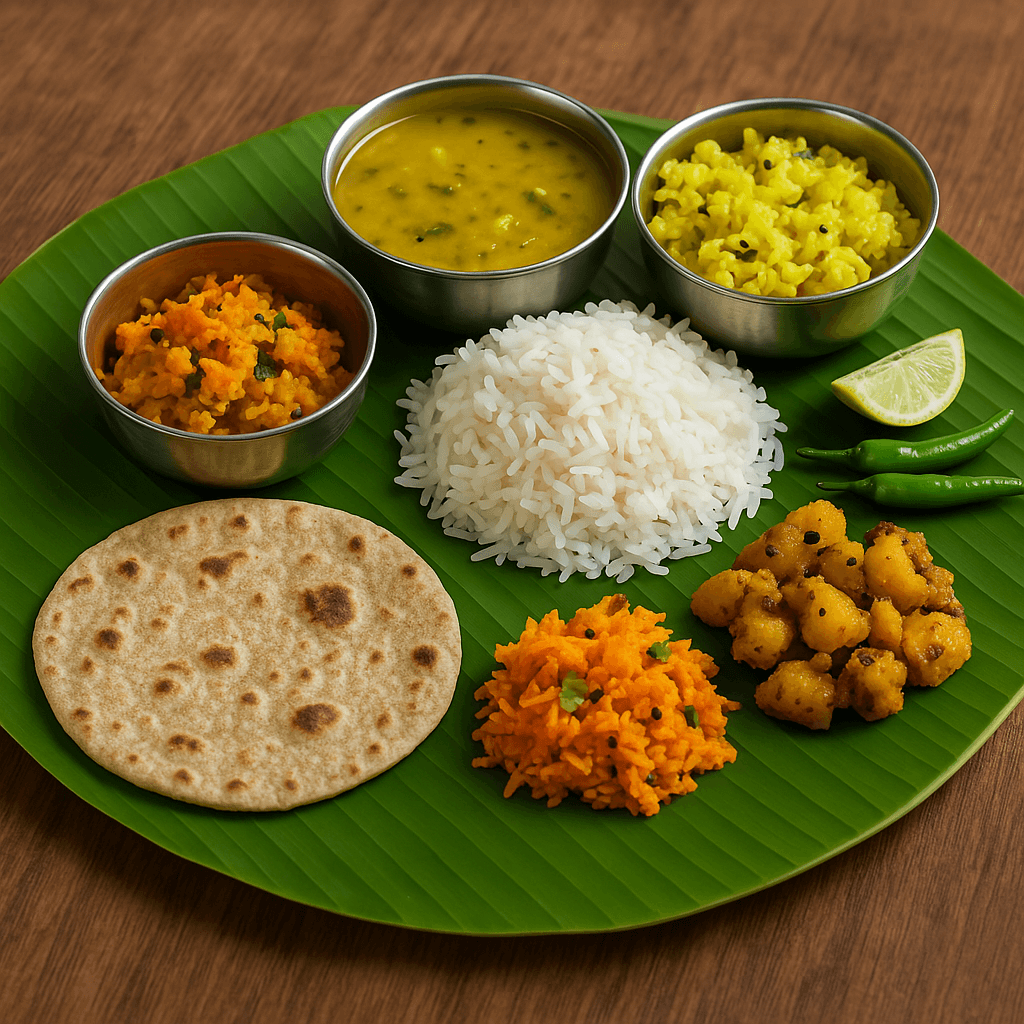
One of the most well-known cultural vegetarian practices is the Sattvic Diet from India, rooted in Ayurveda and yogic philosophy. It includes fresh fruits, vegetables, whole grains, legumes, nuts, seeds, and dairy in moderation.
Wellness Benefits:
- Boosts digestion and metabolism
- Promotes mental clarity and calmness
- Supports longevity and inner peace
Spices like turmeric, cumin, and ginger aren’t just for flavor—they’re powerful healing agents used for centuries.
Mediterranean Vegetarian Living – Flavor and Heart Health
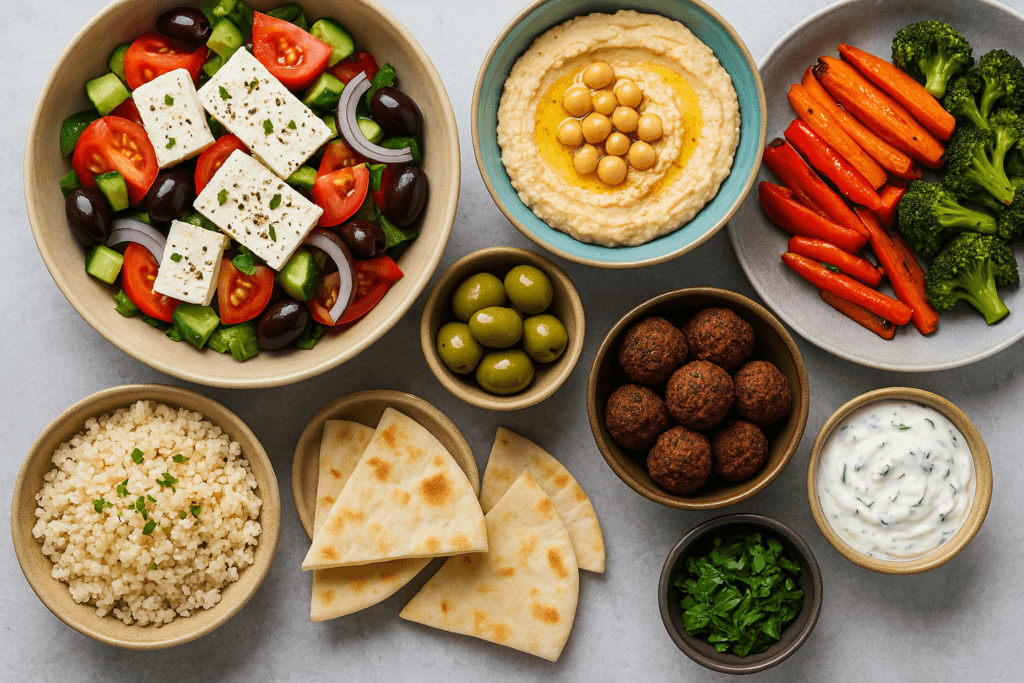
The Mediterranean diet is famous for its heart-healthy benefits and plant-forward meals. While not strictly vegetarian, its vegetarian variants are common and deeply rooted in tradition.
Typical Foods:
- Olive oil, chickpeas, tomatoes, herbs
- Whole grains like farro, bulgur
- Feta cheese, yogurt (in moderation)
Wellness Focus:
- Reduces risk of heart disease
- Rich in healthy fats and antioxidants
- Enhances gut health with fiber-rich meals
East Asian Harmony – Balance Through Simplicity
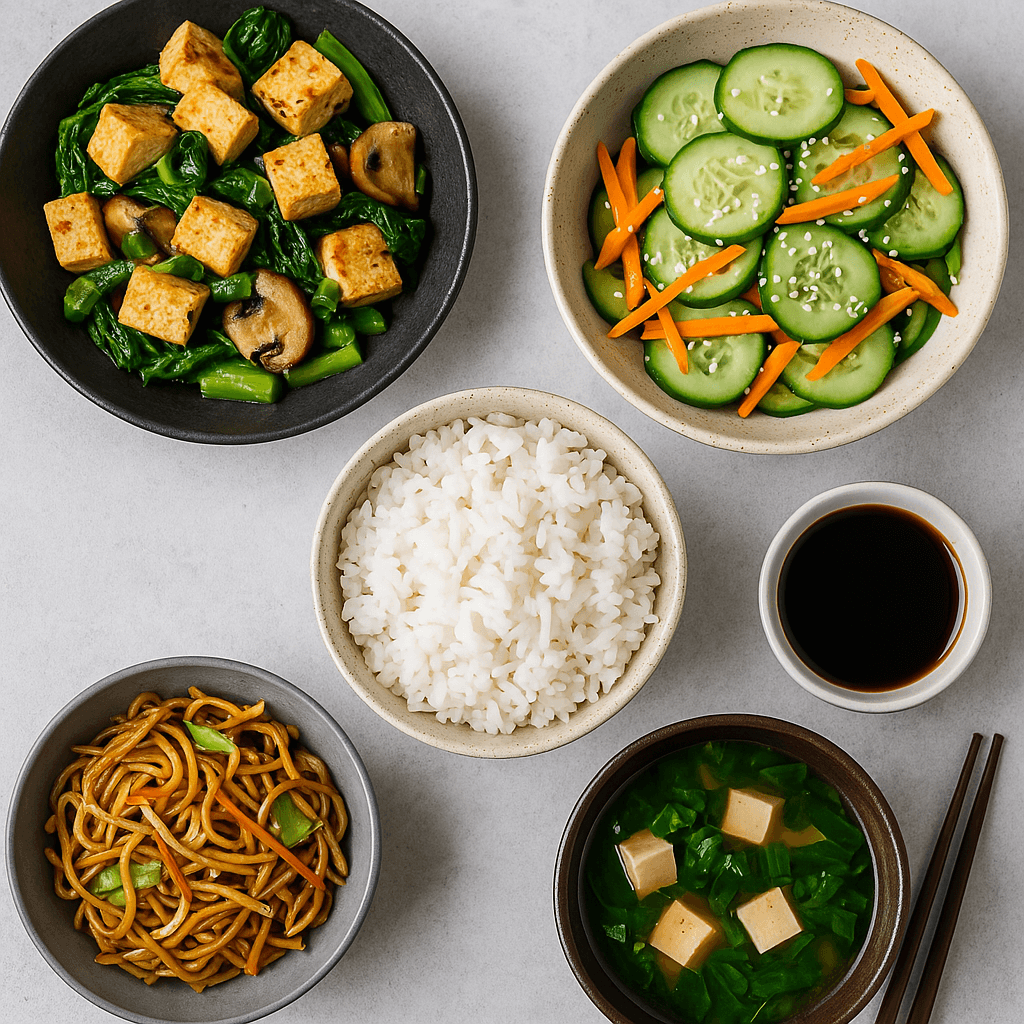
In countries like Japan and China, vegetarian meals are influenced by Zen Buddhism and Taoist principles. Meals are often simple, seasonal, and beautifully balanced.
Key Elements:
- Rice, tofu, seaweed, and fermented vegetables
- Cooking techniques like steaming and simmering
- Small, intentional portions for mindful eating
Wellness Impact:
- Supports longevity (especially in places like Okinawa)
- Aids digestion and gut health
- Promotes mental calm and simplicity
Cultural Vegetarian Diets and Their Wellness Principles
No matter the region, traditional vegetarian diets share core wellness principles: ✅ Whole, plant-based foods
✅ Natural spices and herbs
✅ Respect for food and nature
✅ Rituals around preparation and eating
✅ Community and spiritual connection
These shared traits make cultural vegetarian diets not only nutritious but deeply fulfilling on emotional and spiritual levels.
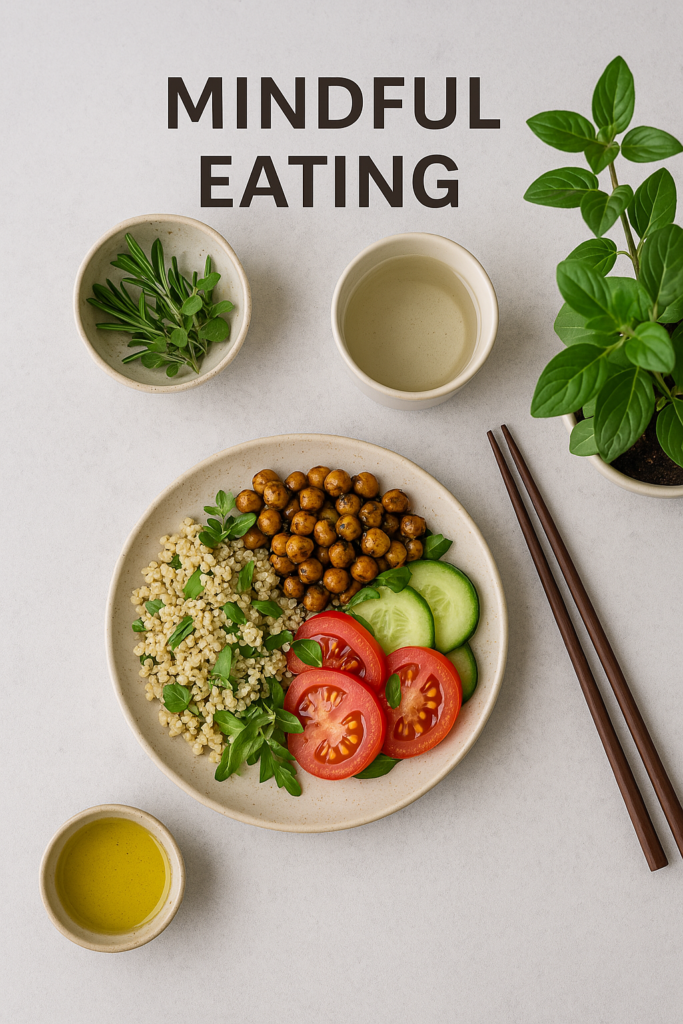
Embracing a Plant-Based Lifestyle Today
You don’t need to be from a particular culture to embrace its wisdom. Start small:
- Try a Meatless Monday inspired by Mediterranean cooking
- Prepare an Ayurvedic kitchari for gut health
- Practice mindful eating with a Japanese-style bento lunch
Modern wellness is about adaptation—not perfection. Let cultural traditions guide you to a more wholesome, plant-based lifestyle.
Conclusion: A Return to Wholesome Roots
In today’s fast-paced world, cultural vegetarian diets offer a slow, healing embrace. They remind us that health is not just about calories or carbs—but about connection, intention, and balance. By exploring these traditional food practices, we rediscover a path to wellness that nourishes the body, mind, and soul.
🚀 Let’s Connect!
Looking for expert insights on website development, SEO, and online business growth? Connect with me on LinkedIn or reach out via my website!
🔗 Connect on LinkedIn 📩 Contact Me
